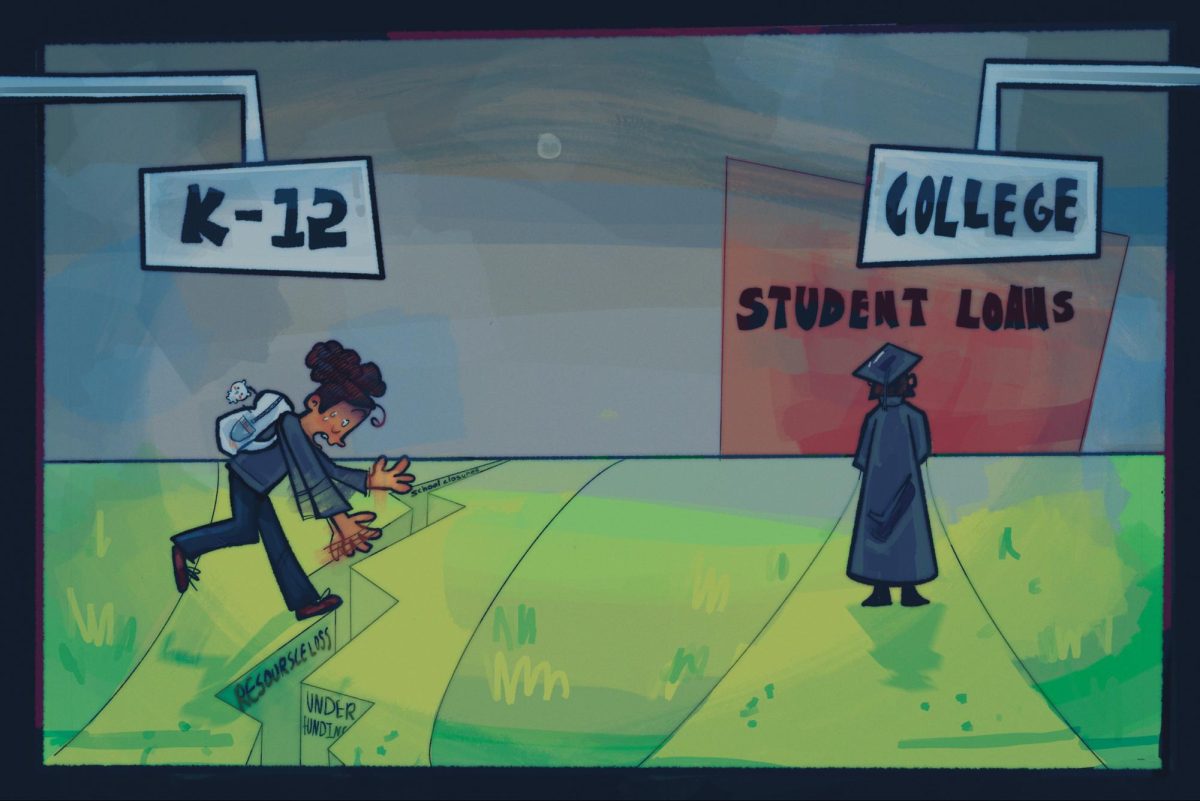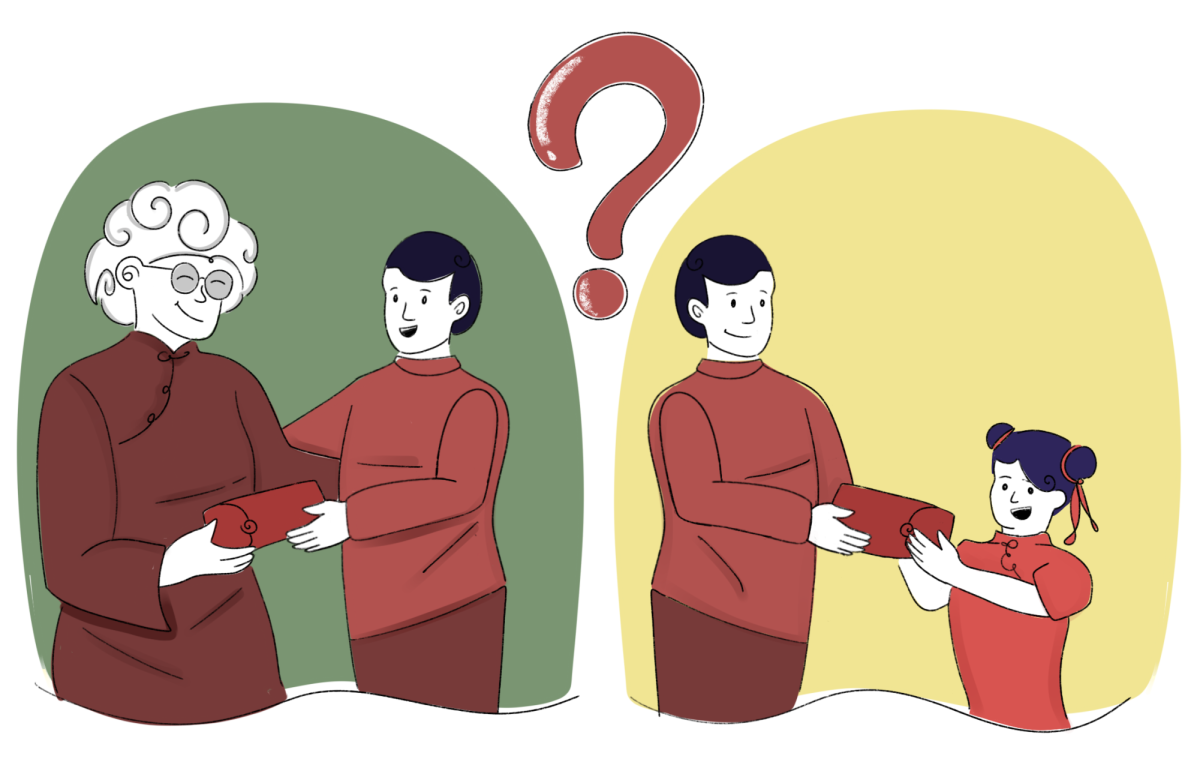The awkward teenage ages from 12 to 17: the gap where you’re old enough to recognize the immorality in buying child price movie tickets for $11, yet too young to pay the full $15 adult price at Regal. However, teenagers under the age of 18 should have a distinct classification in pricing to make sure that they are not unnecessarily paying the full adult price without having any of the benefits of being an adult.
For example, Regal’s ticket pricing policy details state that “children 3 to 11 must pay the child admission price” and everyone above the age of 18 must pay the adult admission price. The website does not clarify any ticket pricing for anyone between the ages of 12 to 17. Consequently, teenagers are socially expected to pay the extra money for adult tickets because they exceed the age limit for the children’s tickets, even though they are not really adults.
The root of the problem lies in the fact that most teenagers are not legally independent from their parents. Even those who have their own jobs or debit cards, any money you earn technically belongs to your parents until you turn 18 unless you have a special situation like being an emancipated minor.
Without this level of autonomy, the decisions of teenagers are still limited because they are bounded by their parents’ control over their finances and bank accounts. According to Chase, a guardian over the age of 18 is required to be signed as the owner or co-owner of the account until the child turns 18 years old. Although many teenagers now have access to their own debit card, their cards are still listed under a legal guardian’s name, and teenagers are still in the palms of their guardians as their finances are easily accessible by the guardian.
Companies often provide the discounted prices for children due to their lower ability to enjoy full consumer benefits, but teenagers are also equally financially dependent and should not be held to the same financial expectations as adults in movie theaters or stores.
Some cultural traditions already lump teenagers with children. In South Korean culture, the designated annual Children’s Day on May 5 includes giving money to teenagers as well, with their sole focus being studying to receive the basic education in middle and high school. In the tradition of Lunar New Year, elders or adults in the family are culturally obliged to give every child in the family varying amounts of allowance every year.
“During these holidays, we get the same amount, if not more, as we age until we hit 18 years old in my family,” junior Karen Young said. “I think there should be a greater amount of allowance and financial benefits for teenagers as we grow older so we have more options of whether to save, invest or spend it.”
As teenagers are growing older with more spending necessities yet lack financial responsibility due to a limited opportunity to work, teenagers should not be held to the same financial standard as working adults. Instead of forcing people to decide whether they are childrens or adults themselves, consumer chains such as movie theaters should have a clear distinction to add a subcategory of “adolescents” to make a distinction between teenagers, who are training to be adults, and actual adults themselves.




















































